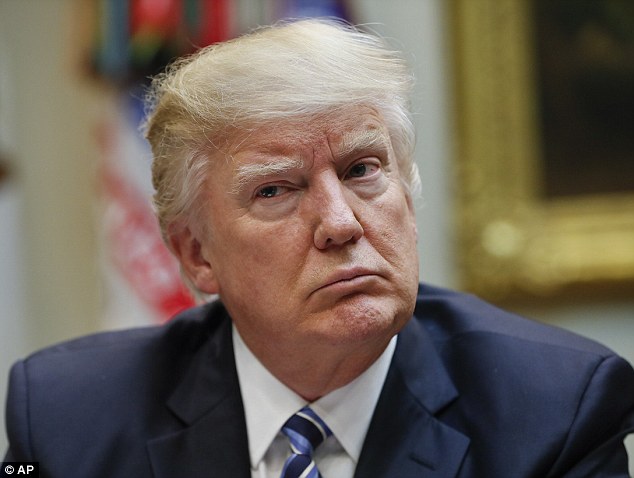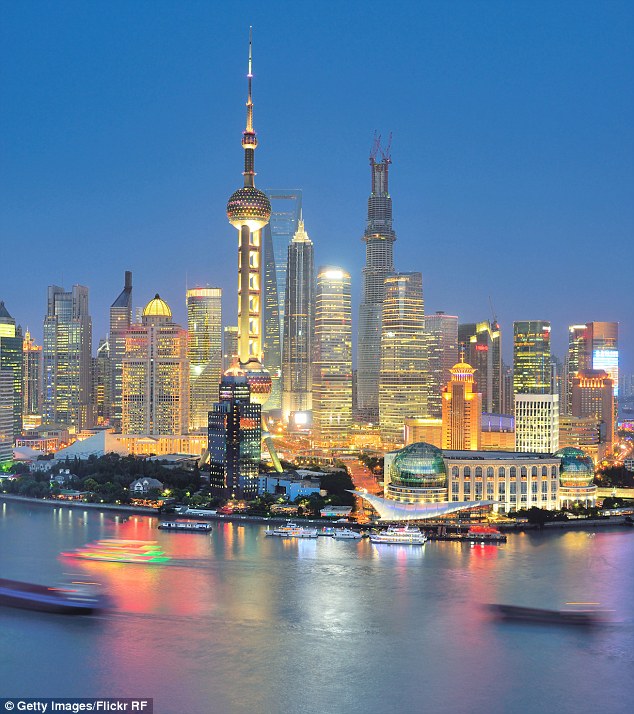Mention emerging markets and the talk inevitably turns to Trump.Â
This is because, for better or for worse, the fortunes of the world’s developing economies are closely linked to the outlook for the world’s largest economy – America.
The two main reasons for this are trade and tapering.





China spent more than $1tr on roads, railways, bridges and telecom networks last year alone
President Trump’s ‘Buy American and hire American’ rhetoric has also raised concerns over China’s vulnerability to American protectionism. But as Mark Williams of the Liontrust Asia Income Fund points out, while Trump’s unpredictability may lead to some volatility, it is unlikely to cause a trade war with China.
There are three reasons for this:Â
One: if Trump imposes China specific tariffs, most jobs lost in China will go to countries other than the US – like Vietnam, where many Chinese companies have already relocated given lower production costs.Â
Two: broader import duties will be inflationary, pushing up costs for US consumers – for example estimates are that making and assembling the components of an iPhone in the US will push up costs by up to $90, according to IHS Markit.
Finally, if China retaliates by placing tariffs on its biggest imports across the Pacific, namely planes, helicopters, spacecraft, cars and soy beans, this will hurt big business in the US, hurting companies like Boeing and General Motors.Â
As for an embargo on soy beans (US-China trade accounts for 25 per cent of the world market) expect job losses in agricultural workforces in Mississippi, Arkansas, Ohio and Missouri – the very communities supportive of Trump.
As Williams puts it: ‘Protectionist measures against China are unlikely to significantly increase manufacturing jobs…it will hurt American corporates and it will hurt American consumers.’
Maike Currie is Investment Director at Fidelity International and the author of The Search for Income – an investor’s guide to income-paying investments. The views expressed are her own. @MaikeCurrieÂ